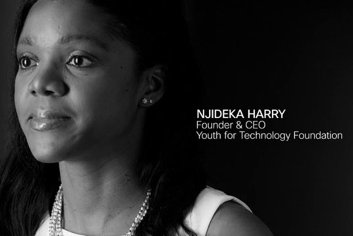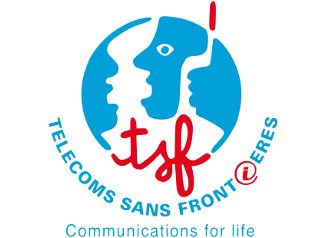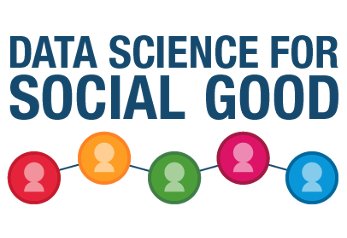Hamlet’s BlackBerry challenges the widely held assumption that the more we connect through technology, the better. It’s time to strike a new balance, William Powers argues, and discover why it’s also important to disconnect. Connectedness has been considered from an organizational and economic imperative, but Powers examines it on a deep interpersonal, psychological, and emotional level. The former Washington Post staff writer argues that the distractions of manic connectivity often lead to a lack of productivity and, if allowed to permeate too deeply, to an assault on the beauty and meaning of everyday life. As Mr. Powers acknowledges, concerns about the deleterious effects of a new world supplanting the old go back to Plato. Nicholas Carr’s “The Shallows: What the Internet Is Doing to Our Brains” came out just a few weeks ago and it is easy to feel skeptical of worrywarts agonizing about Americans “wrestling” with too many choices and “coping” with the effects of too much Internet use. There is simply too much good that comes from innovation for that sort of Luddite hand wringing. But even a jaded reader is likely to be won over by “Hamlet’s BlackBerry.” It convincingly argues that we’ve ceded too much of our existence to what he calls Digital Maximalism. Less scold and more philosopher, Mr. Powers certainly bemoans the spread of technology in our lives, but he also offers a compelling discussion of our dependence on contraptions and of the ways in which we might free ourselves from them.
Related Articles
Education for the most youthful region in the world
the mission of Njideka Harry
The many children of Matt Berg
and how he helps them to survive
et ceux qui les guérissent
Interested in Alternative Media?
try the Corbett Report
Standing by you in the digital world
the work of the Electronic Frontier Foundation
Cameron Goldie-Scot and the Musoni services
time for some positive role models for children in the Islamic world
discover an exemplary foundation
What should the ideal technology company look like?
the adventure of Benetech
Data Science in service of the Social Good in Atlanta
![]()
STAY IN TOUCH
SUBSCRIBE TO OUR NEWSLETTER
AND RECEIVE OUR LATEST STORIES










